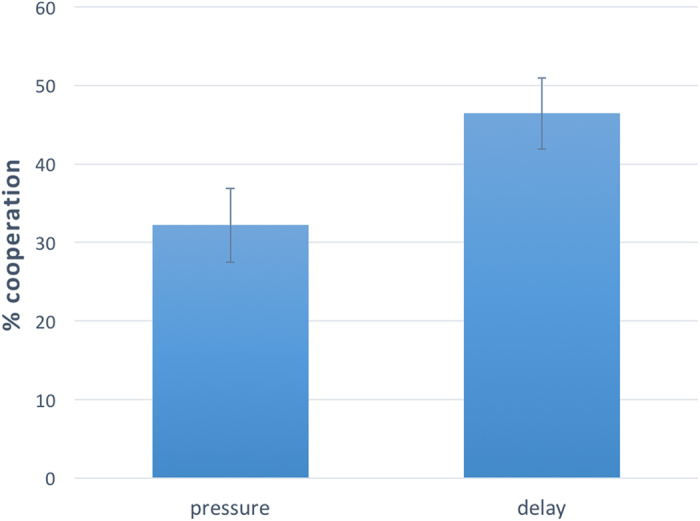Figure 2. Extreme time pressure favors selfish behavior on naïve subjects.

Results of Study 1, restricted to naïve subjects (N = 119). Subjects forced to make an extremely quick choice are significantly more selfish than those forced to stop and think about their choice. Linear regression predicting average cooperation as a function of a dummy variable, named “pressure”, taking value 1 if the subject participated in the time pressure condition, and 0 if the subject participated in the time delay condition, confirms the presence of a significant and negative effect of “pressure” on “cooperation” with (F(4,115) = 1.408, coeff = −0.151, p = 0.028, r2 = 0.047) and without (F(1,118) = 4.570, coeff = −0.142, p = 0.035, r2 = 0.037) control on sex, age, and level of education. Error bars represent the standard error of the mean.
